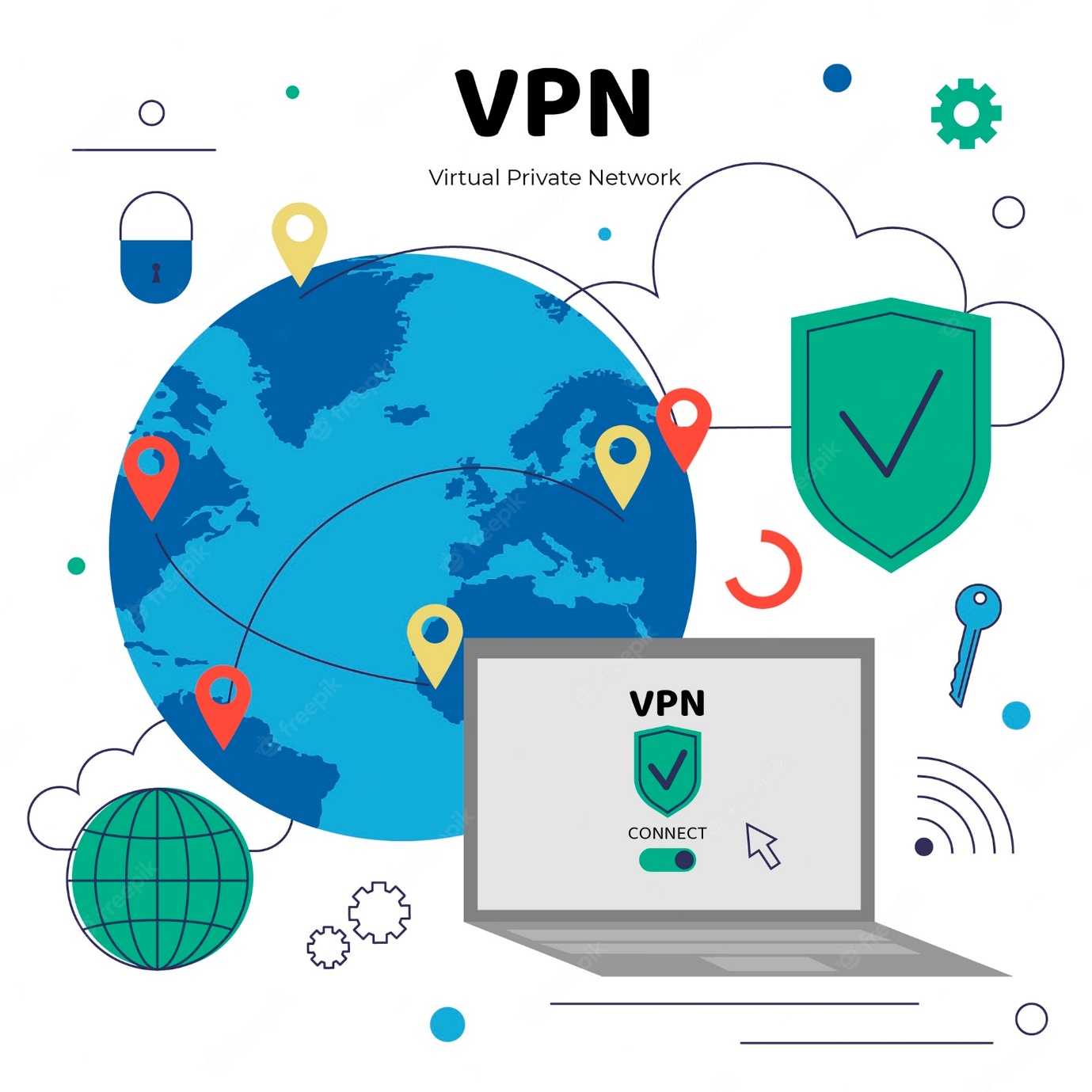5 Things You Did Not Know About Virtual Private Networks (VPNs)
Virtual Private Networks (VPNs) are becoming increasingly popular as more people become aware of their many benefits. They offer a secure connection, increased privacy, and access to content from all over the world. But there is much more to VPNs than meets the eye. Here are five things you may not have known about VPNs. From the ability to increase your online security to the potential for improved streaming speeds, these five facts will help you understand the power of VPNs. With more people turning to VPNs to protect their online data, now is the perfect time to get to know the technology better.
What is a VPN?
Many ask: how do VPNs work? A VPN, or virtual private network, utilizes computer technology to create an encrypted tunnel between a computer and a remote server. All data that travels across this tunnel is secured and unreadable to anyone outside of the tunnel. This allows people to safely connect to networks and computers across the internet using their devices as a gateway.
VPNs are most often used by businesses to connect remote locations in order to increase efficiency or to allow employees to access data remotely. They are also used by individuals to help safeguard their privacy and security while they browse the web, send emails, and remotely access their business or personal data.
Benefits of Using a VPN
- Increased Security – The protection and privacy that a VPN provides is not just theoretical. In fact, research has found that using a VPN improves cybersecurity. A 2018 study found that when compared to using a public Wi-Fi hotspot, using a VPN is a safer way to engage in financial transactions like purchasing goods online, making online payments, or signing up for online services. It also provides enhanced online security through encryption and by hiding your true location.
- Hide Your IP Address – Your IP address is your electronic “address” that’s located behind your computer’s geographical location. Most websites use your IP address to track your browsing history, analyze usage, and track your location. This can keep you from accessing the websites you want and even expose you to dangerous risks, like hackers and identity theft. A VPN can help hide your IP address and make you appear from another state so you can bypass all of these limitations.
- Improve VPN Streaming – A VPN can also improve your ability to stream content from various services like Netflix or Hulu. Often, VPN providers unblock restricted content that’s unavailable in your country. This means you can watch your favorite shows whenever you want!

How Does a VPN Increase Security?
A VPN creates an encrypted tunnel between your computer and the VPN server. This creates a secure connection between your device and the VPN server. Anyone snooping in on your connection will be unable to decipher the contents of your communications. This increases your online security significantly.
VPNs also function as an extra layer of protection against state-sponsored malware, hacking, and snooping. An attacker must have access to your device in addition to your VPN password in order to access your data. This prevents unauthorized access to your computer and makes it more difficult for hackers to extract valuable information from your device.
Can a VPN Improve Streaming Speeds?
Yes! A VPN can increase your internet speeds significantly. The reason for this is that it allows you to bypass geographical restrictions that may be in place. For example, if you live in the United States, but want to watch a show from Canada, you may not be able to do so because of the geographical restrictions. However, if you use a VPN to spoof your location, you can bypass these restrictions and unblock the show. Similarly, a VPN can also unblock geo-restricted content, improve your browsing experience, increase internet security, unblock streaming services, protect your data, and bypass censorship.
Are VPNs Legal?
Yes! A VPN is completely legal and completely safe to use. It will protect your data, increase internet security, protect your privacy, unblock streaming services, increase internet speeds, and protect your identity. There is no reason not to use a VPN.
Conclusion
Virtual Private Networks are incredibly useful tools for improving online security and privacy. While a VPN will protect your data, it also ensures that nobody can see what you’re doing online. This can protect your internet activity and prevent others from snooping on your data. It can also improve internet speeds and unblock streaming services, which can make all the difference for anyone who wants to watch content from around the world.
A virtual private network is a tool that enables people to securely connect to remote networks and provide additional security when connecting to public Wi-Fi networks by encrypting your data and sending it through an intermediary server. They can also improve streaming speeds, unblock geo-restrictions and provide anonymity when using the internet.
END^
Virtual Private Networks are becoming increasingly popular as more people become aware of their many benefits. They offer a secure connection, increased privacy, and access to content from all over the world. But there is much more to VPNs than meets the eye. Here are five things you may not have known about VPNs. From the ability to increase your online security to the potential for improved streaming speeds, these five facts will help you understand the power of VPNs. With more people turning to VPNs to protect their online data, now is the perfect time to get to know the technology better.


